Until around the age of six months, babies rely on sucking to obtain their nutrition.
And although the urge to suck may continue for many years, it’s important for parents to support their baby’s oral development through essential changes.
Looking for signs that your baby is ready to transition from sucking to more complex drinking skills is one important step in supporting their independence.
When is my baby ready to drink from a cup?
Generally, by around six months of age, babies have become curious about different ways of feeding. They have more upper body strength and can sit unsupported for periods of time. They are also able to transfer foods and liquids from the front of their tongue to the back and swallow.
These factors, combined with a need for solid foods which are rich in iron and zinc, mean that lots of changes occur in between 6-12 months.
Look for …
- Your baby reaching and grabbing as you are drinking.
- Lots of mouthing and efforts to sip from a cup.
- Being able to swallow at least some liquid from a cup.
- Your baby’s tongue extrusion reflex to be disappearing. (This means they don’t automatically push food out with their tongue).
Practice makes perfect
- Use plastic backed bibs to minimise mess.
- Don’t think about the volume they’re drinking, but rather their effort. It can take hours of practice to become proficient at drinking from a cup.
- If breastfeeding, continue for as long as you are both happy.
- If formula feeding, continue until 12 months. Offer formula from a cup as well as bottles.
Benefits of drinking from a cup
- Cup drinking supports oral development including chewing and speech skills.
- Reduces the risk of bottle caries (tooth decay), from minimising tooth exposure to milk sugar (lactose).
- Prolonged bottle drinking can increase the risk of ear infections in vulnerable infants.
- Supports independent feeding skills. The onus of intake control is up to the child, not the parent.
- Breastfeeding mothers can avoid the use of bottles altogether. Transitioning from breast to cup feeds is straightforward and more cost effective. Expressed breast milk can be offered in a cup as well as a bottle which may also have training handles added.
- Reduced risk of infection.
- Cups are more portable and practical than transporting bottles and feeding equipment.
Simple ways to switch from a bottle to a spout cup
- Follow your baby’s lead. When they are showing interest and are developmentally ready-around six months, introduce a spout cup.
- Invest in a good quality, purpose designed toddler cup. The Philips Avent spout cup has a spill proof valve which is interchangeable with Philips Avent bottles.
- Look for a cup which supports the developmental transition from being fed to independent feeding. The Philips Avent spout cup has ergonomically designed handles which support tipping skills. They also have fun, age appropriate decorations to support feeding engagement.
Graduating to a Straw Cup
Sucking from a straw requires an even different range of oral skills.
At around 12 months most toddlers are ready to graduate to a straw cup.
Creating a negative pressure in the mouth happens when the tongue is lowered and drawn towards the back of the mouth. This, in combination with a firm lip seal means that there is more room in the baby’s mouth to hold liquid.
The Philips Avent straw cup is also spill proof and easy to clean. The straw is soft enough to sit comfortably in the child’s mouth whilst being sufficiently robust to resist damage caused by chewing.
Ready for a Big Cup?
Graduating to drinking from a lid is a big step. Synchronising the skills involved in tipping a cup and controlling its angle can result in a messy situation! The Philips Avent Grown-Up Cup has a non-spill integrated valve which delivers fluid from any position on its rim. This means that all efforts to drink are rewarded.
For further information check out www.philips.com.au/avent

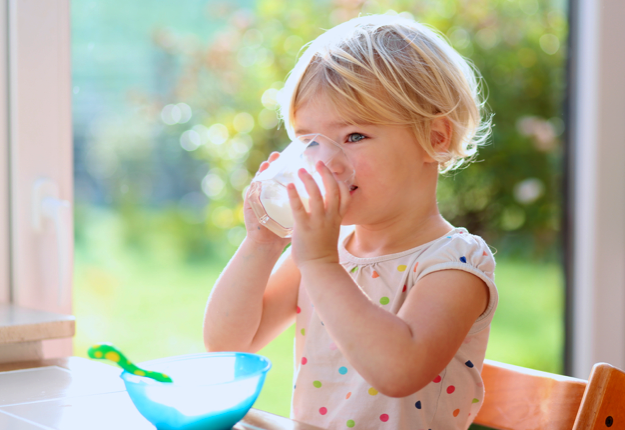
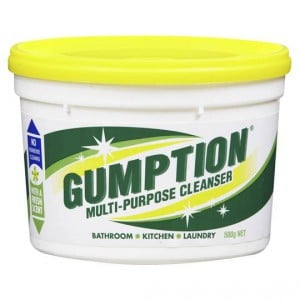
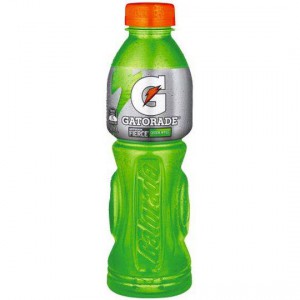
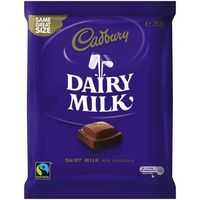
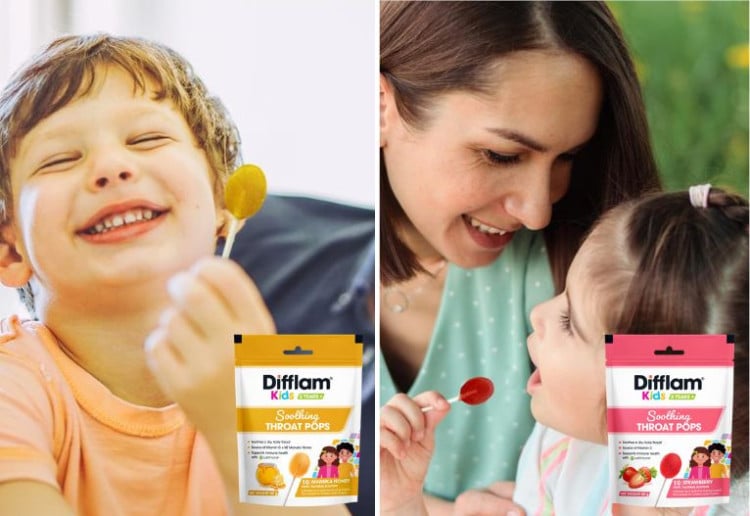



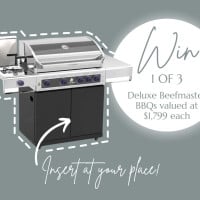

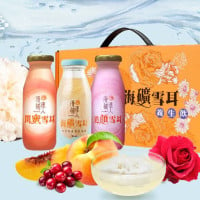

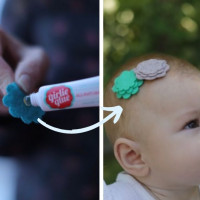
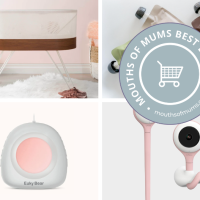






10:39 pm
2:21 pm
8:11 pm
3:23 pm
3:03 am
-

-
-
-
meedee replied
- 19 Jun 2022 , 10:56 am
Reply10:04 pm
10:15 pm
8:41 pm
9:05 pm
4:49 pm
3:04 pm
1:56 pm
11:36 pm
2:30 pm
12:38 am
- 1
- 2
- »
Post a comment